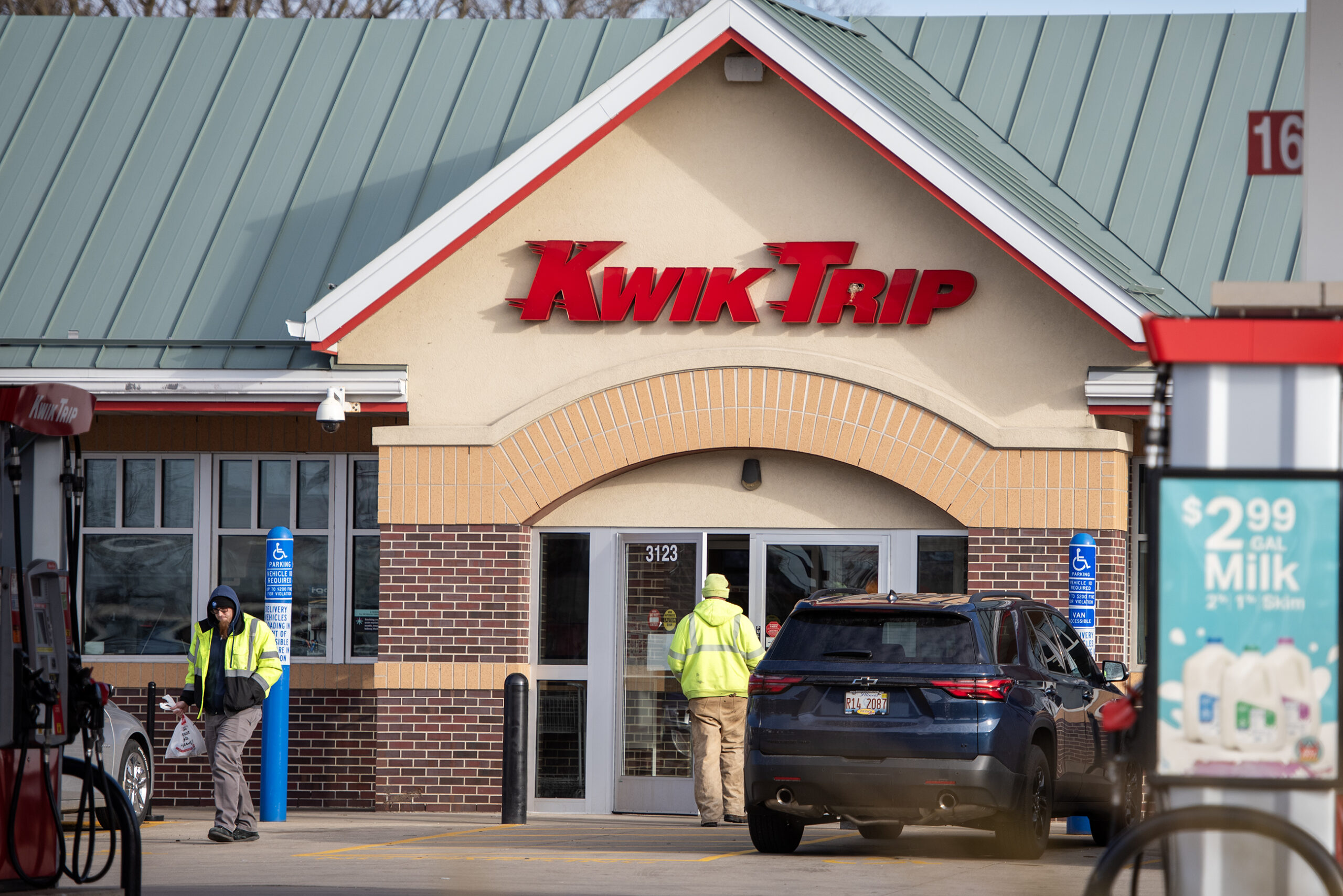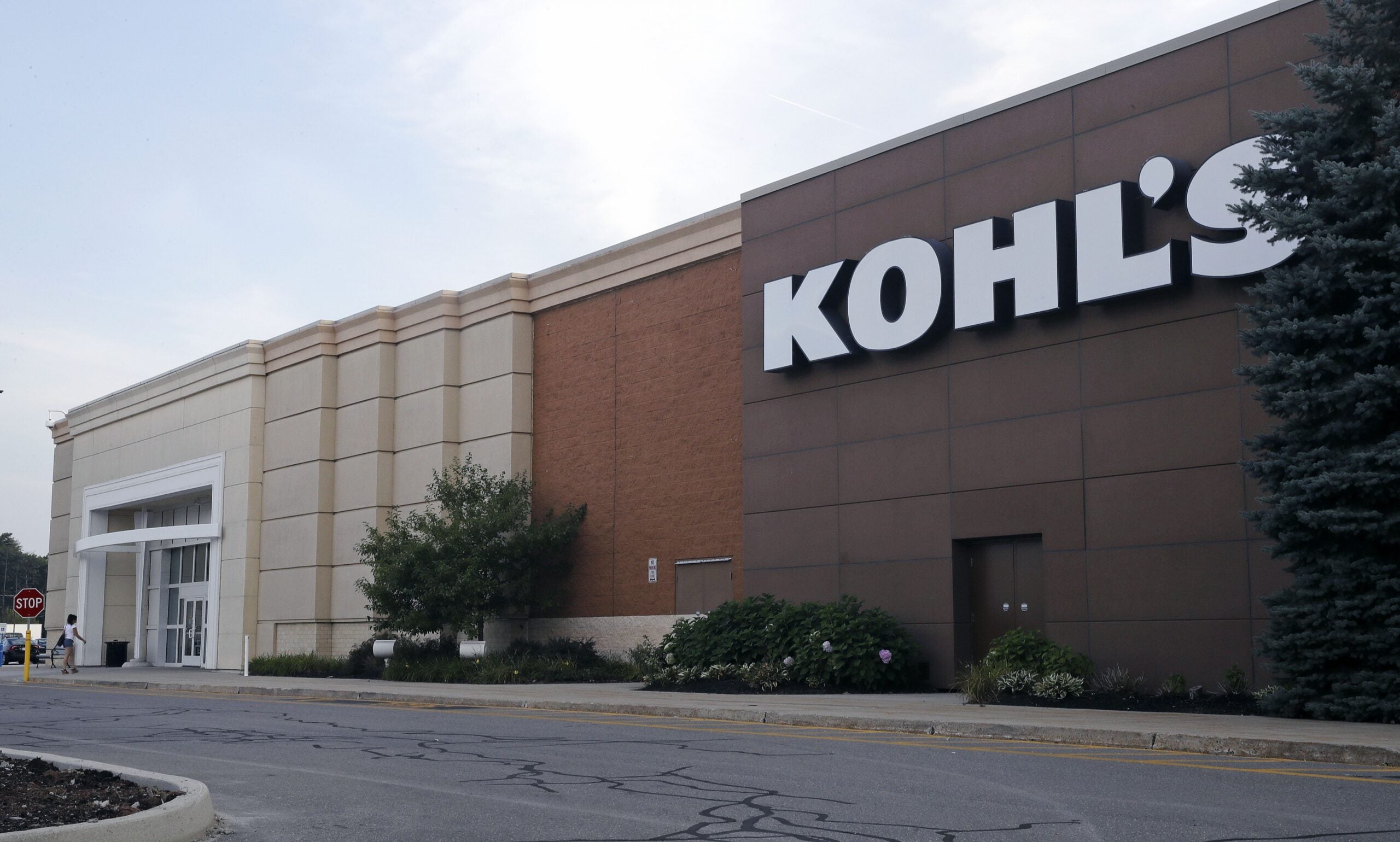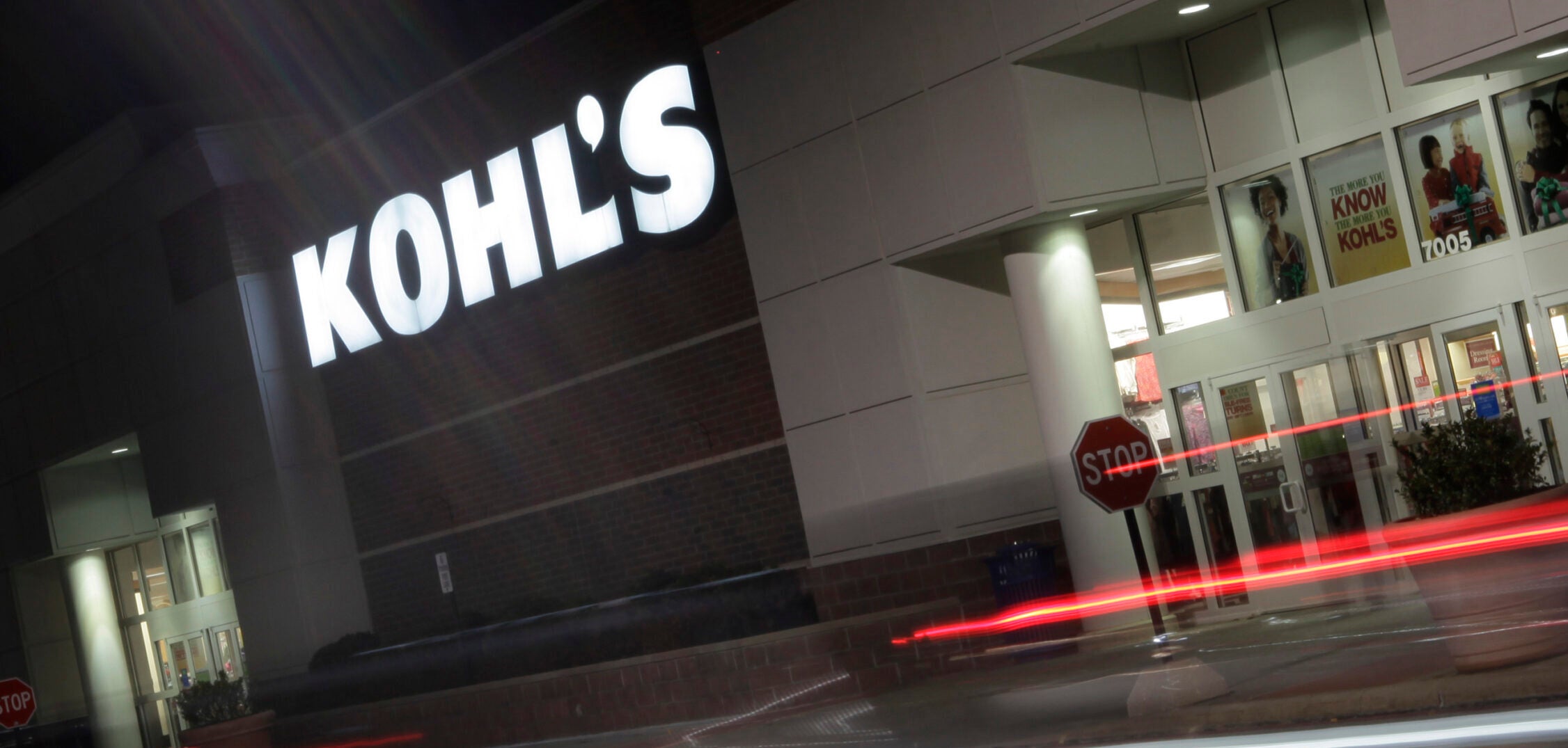At least two companies are reportedly interested in buying Kohl’s Corp., and the Wisconsin department store chain’s future could look very different depending on whether either bid succeeds.
In a statement last week, Kohl’s confirmed that it had received “letters expressing interest in acquiring the company,” and declined to comment further. Reports in the Wall Street Journal, Reuters, CNBC and elsewhere have filled in details about the nature of the offers, reportedly from the private equity firms Acacia Research and Sycamore Partners.
The effect of this interest in Kohl’s was a sharp increase in its stock price, which shot up more than 30 percent after its last Monday statement and declined only slightly later in the week.
News with a little more humanity
WPR’s “Wisconsin Today” newsletter keeps you connected to the state you love without feeling overwhelmed. No paywall. No agenda. No corporate filter.
But interest from private equity investors isn’t necessarily good news for Kohl’s, and some retail analysts say the actions they’ve recommended could be catastrophic for the chain. Kohl’s employs some 110,000 people, including nearly 4,000 at its corporate headquarters in suburban Milwaukee.
Acacia Research, which is backed by the hedge fund Starboard Value, would reportedly seek to sell many store buildings and lease them back from their new owners. That was also a recommendation of an activist investor group that has called for Kohl’s to consider a sale.
The real estate sales would create an infusion of cash, said Anne Brouwer, a senior partner with the retail consulting firm McMillanDoolittle, but the long-term effect would be to saddle Kohl’s with new costs.
“If you sell off real estate, yes, you can generate a lot of cash. That’s a one-time opportunity,” Brouwer said. “You’re now going to have to sign lease agreements and pay rent on those locations. It’s not free money.”
It could be emblematic of the approach taken by some private equity investors, Brouwer said, pointing to the way owners’ decisions essentially destroyed the once-dominant Sears department store chain.
“Their tendency is to look for a sometimes fast and certainly significant return on investment,” she said. “In the case of Sears, that (approach) has basically led to the demise of the company.”
Traditional department stores have faced long-term declines as Amazon and other online retailers as well as big box stores have grown. Kohl’s and Macy’s are the only truly national department store chains left, analysts said. Kohl’s has an advantage in that the great majority of its stores are not linked to indoor shopping malls, which have also declined. Kohl’s has also made strides in recent years, marketing itself to a younger demographic and launching a well-regarded partnership with the Sephora beauty brand.
“They’ve been able to … clean out some of their pre-existing issues,” said Jessica Ramirez, a retail analyst with Jane Hali & Associates. “But it has taken them some time to turn around their business. I think to an extent investors have been wishing there was a much faster turnaround to this story.”
The company saw its earnings beat expectations in 2021, and forecasts expect growth in 2022.
Another proposal from a hedge fund to Kohl’s was that the company should spin off its e-commerce business, allowing it to become a separate business from the Kohl’s retail stores. Brouwer called that move “high risk,” because Kohl’s could lose control of its own brand if the newly separated e-commerce business didn’t connect with customers.
Starboard Value, the hedge fund that’s backing one of the firms offering to buy Kohl’s, is familiar to some in Wisconsin. Starboard’s activist investors pressured Wausau Paper to close its century-old Brokaw mill in 2011, laying off 450 people. Two years later, Wausau Paper sold its mills in Mosinee and Rhinelander. In 2014, Starboard demanded that the company leave Wisconsin. Starboard was specifically cited by Democratic U.S. Sen. Tammy Baldwin in a push to limit the power of hedge funds to take companies over.
Wisconsin Public Radio, © Copyright 2025, Board of Regents of the University of Wisconsin System and Wisconsin Educational Communications Board.





